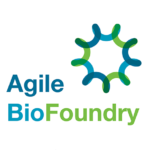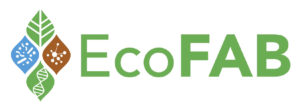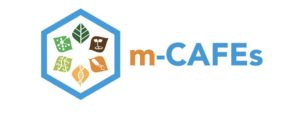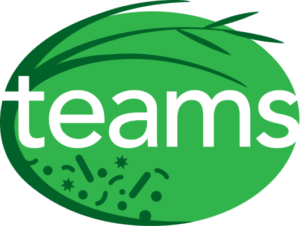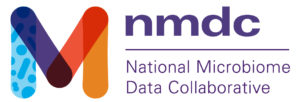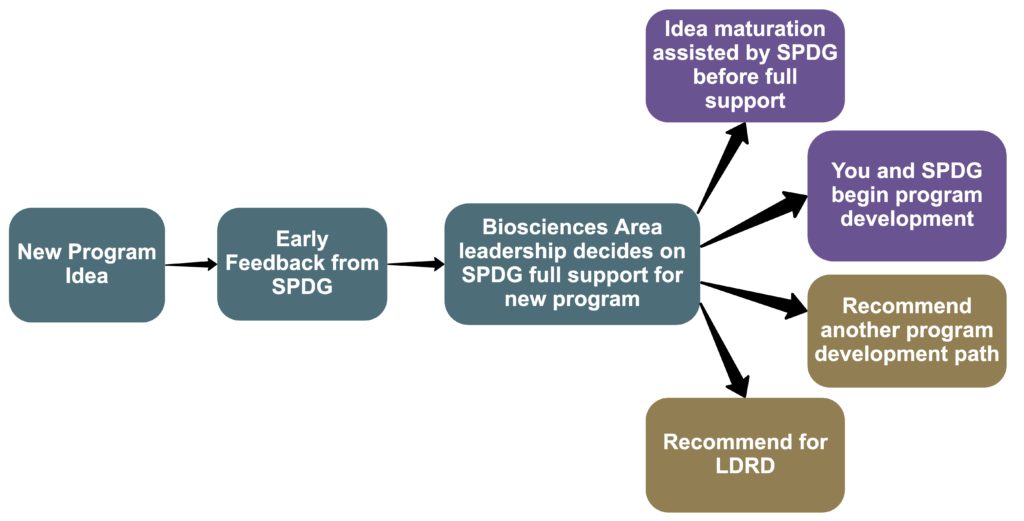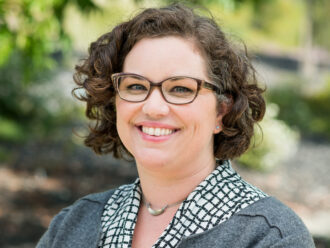
Christiansen leads program development activities and strategic planning for the Biosciences Area, including building new multi-institutional research programs with other national laboratories. In this role, she has also led strategic planning processes for Berkeley Lab and the Department of Energy (DOE). Christiansen earned her PhD in plant science from Indiana University, Bloomington.
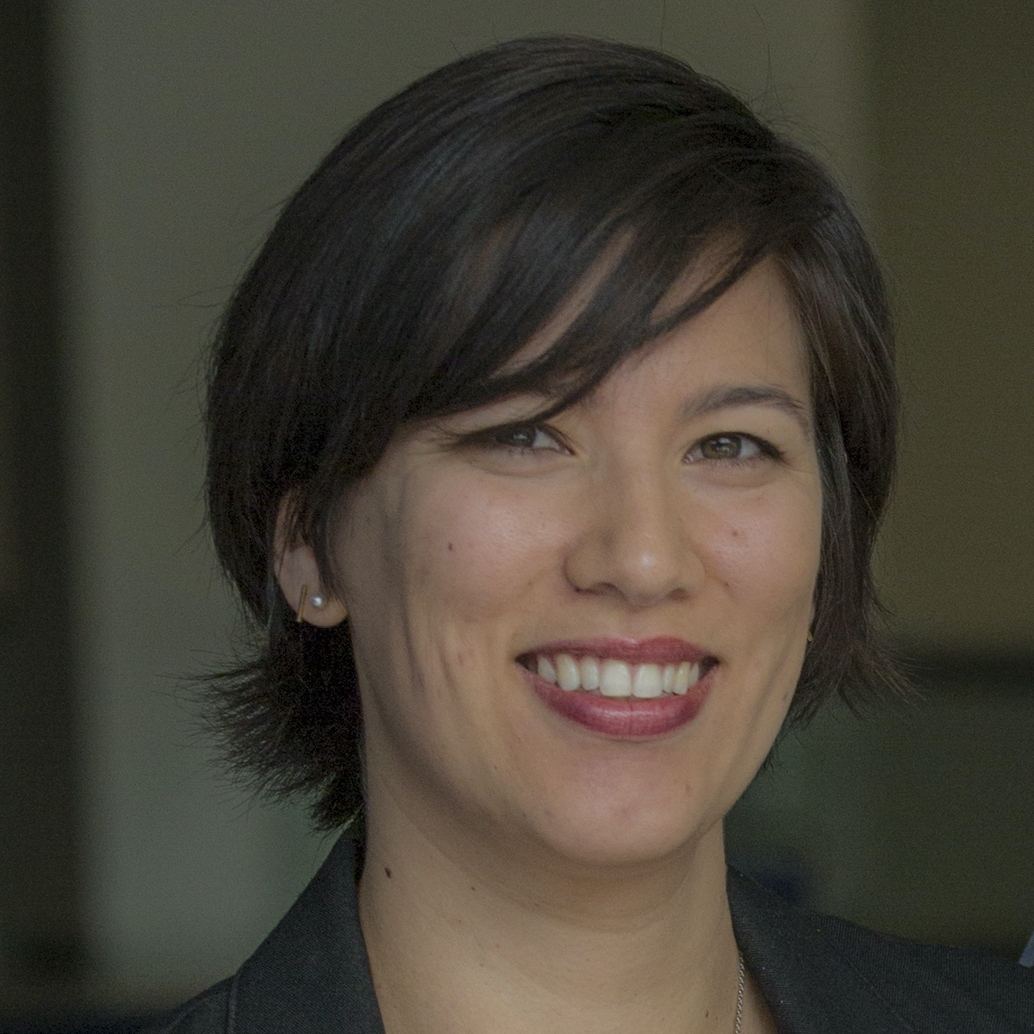
Jabusch nurtures audacious ideas in environmental biology into supported research programs and tracks the Biosciences Strategic Plan. She has a decade of experience in nonprofit and academic sustainability advocacy and has worked at the University of California (UC), state, and national level. Jabusch earned a MS and PhD in biological systems engineering at UC Davis.
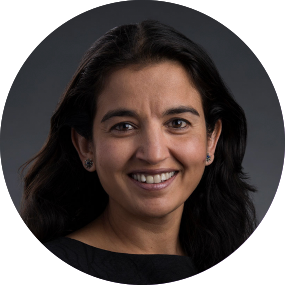
Mukundan is the program manager for chemical and biological technologies within the Lab's Office of National and Homeland Security and a scientist in the Biosciences Area. Before joining Berkeley Lab, Mukundan was the group leader for physical chemistry and applied spectroscopy at Los Alamos National Laboratory, and led the development of diagnostics and surveillance technologies in the interest of national and homeland security. Mukundan earned her PhD in biomedical science at The University of New Mexico School of Medicine and an MS at the National Institute of Immunology in India.
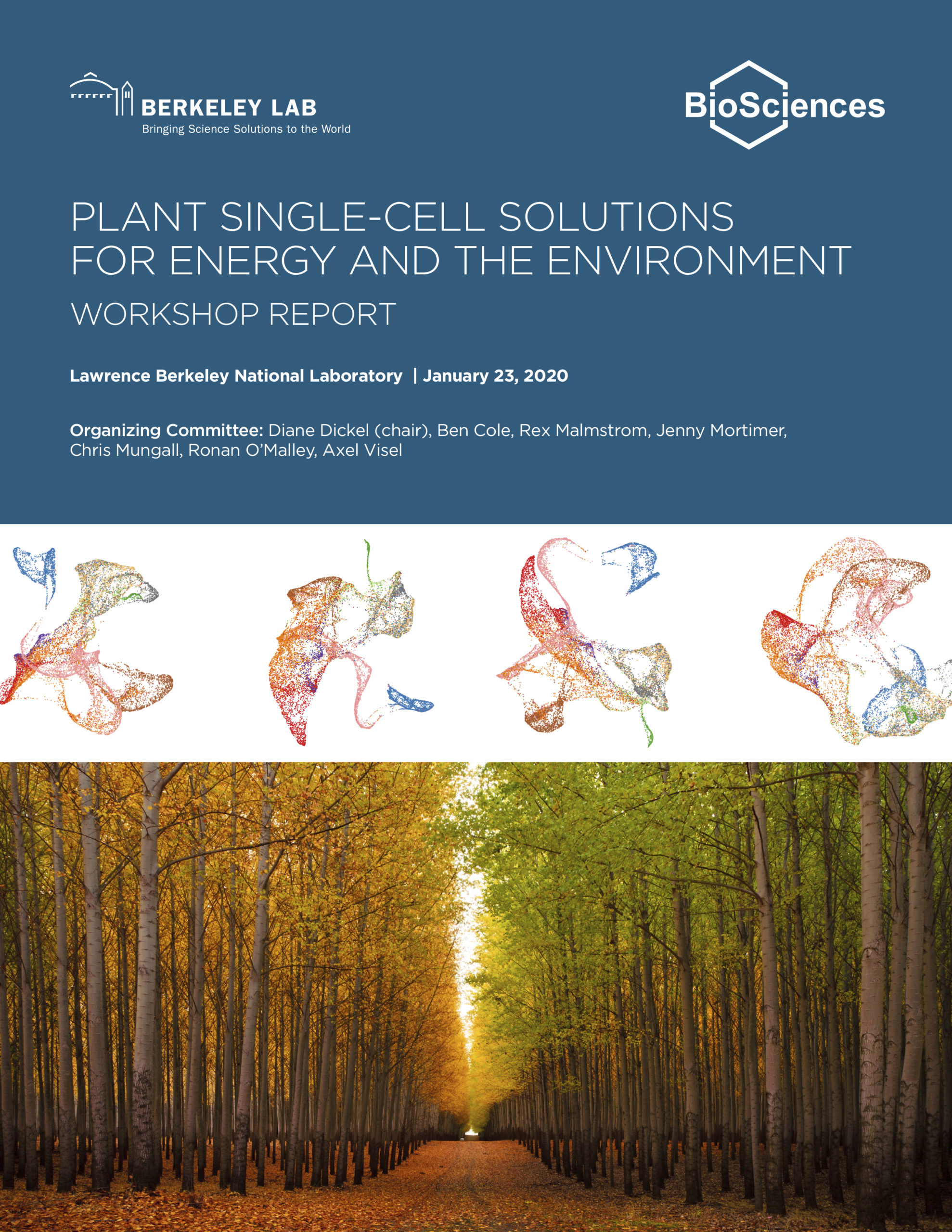
On January 23, 2020, Berkeley Lab hosted a workshop on opportunities afforded by single-cell technologies for energy and environmental science, as well as conceptual and technological grand challenges that must be tackled to apply these powerful approaches to plants, fungi and algae.
Contact Lauren Jabusch
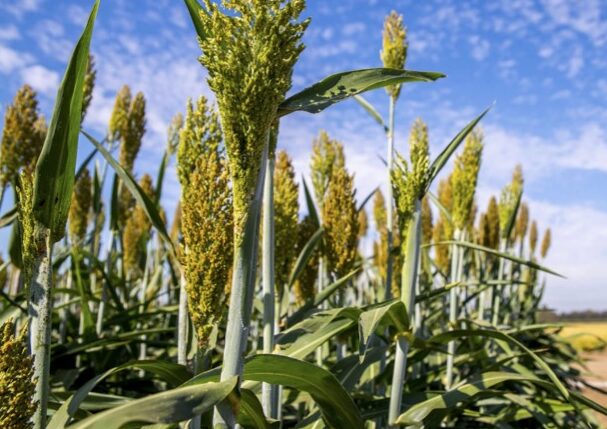
Berkeley Lab hosted a second workshop on April 29, 2021, to identify the most pressing barriers to wider adoption of single-cell sequencing and omics technologies, and to discuss solutions to remedy those barriers in order to drive discovery.
Contact Lauren Jabusch
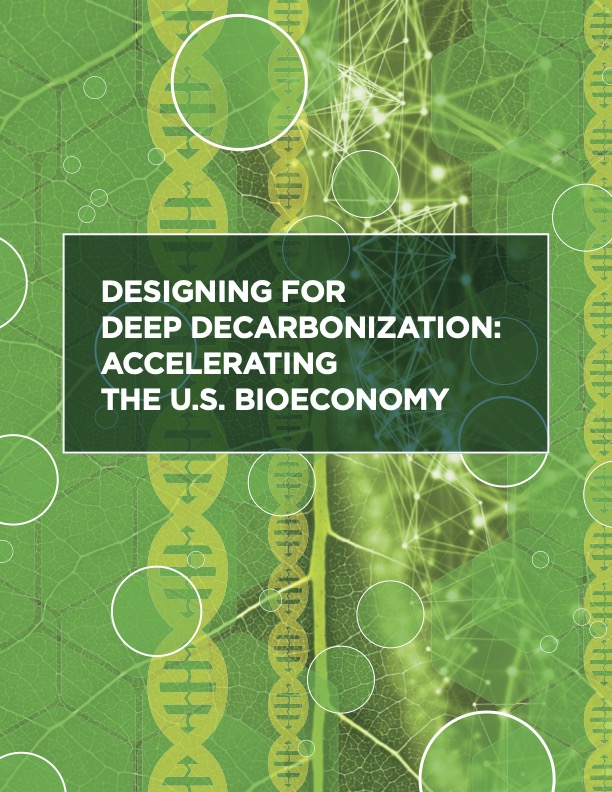
On April 30, 2021, five DOE national laboratories hosted this workshop to identify high-impact opportunities for biotechnology to decarbonize DOE-mission relevant sectors and forward-looking enabling technologies, including integration of automation and artificial intelligence and machine learning (AI/ML) techniques.
Contact Katy Christiansen
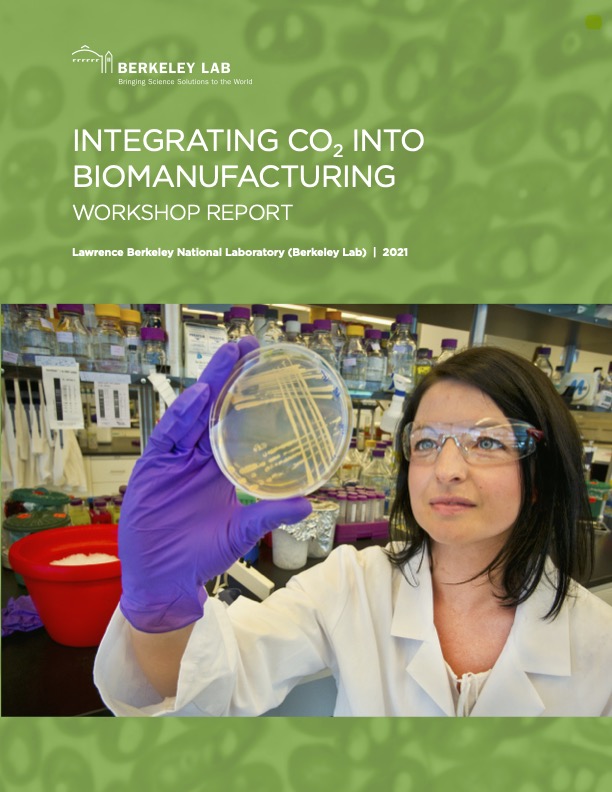
Berkeley Lab hosted a virtual workshop, which was held November 24, 2020, on integrating CO2 into biomanufacturing to identify ways to integrate the study of biological CO2 conversion in plants and microbes with the purpose of developing systems that can generate biofuels, bioproducts and biomaterials that can mitigate climate change.
Contact Katy Christiansen
Successes
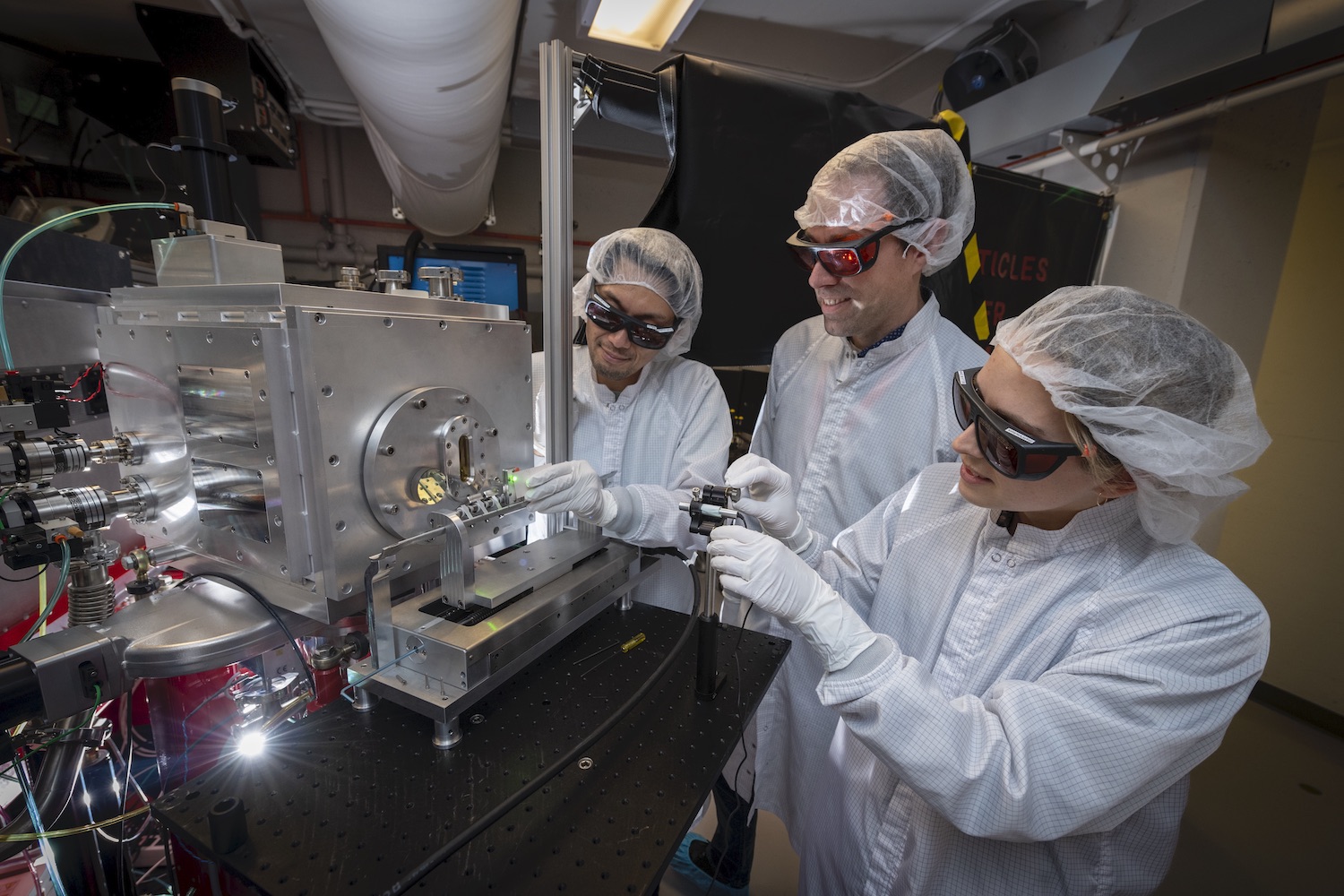
Technical Champions are researchers who generate new science programs with BPDG staff. They may propose ideas, which are vetted by Biosciences leadership. They are committed to this future research, an intellectual technical champion in the true sense of the phrase. BPDG can help Technical Champions financially support their program development time and resources.
FAQ
Who has access to BPDG support?
Because BPDG is a Biosciences-wide effort, any research staff in the Area may access support.
When should you engage with the BPDG?
• When you have an idea that needs BPDG support (see intake form and flow chart below)
• During Biosciences Area strategic plan visioning sessions and goal reporting periods
• When you are thinking about writing a white paper
• During BPDG workshops
How do I share my ideas with the BPDG?
Via the Google intake form, which includes a checklist of what BPDG supports
What is the typical timeline for program development?
3 years

